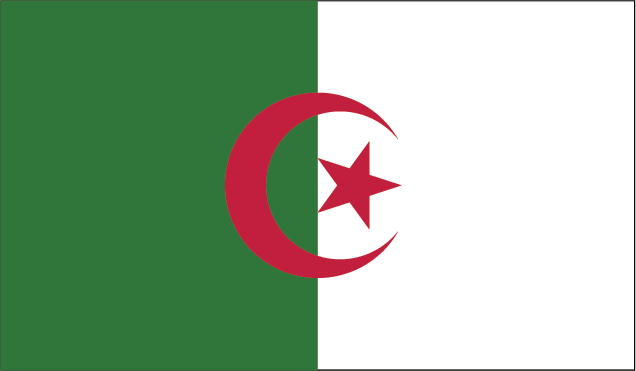OVERVIEW
ROLES AT IMM
2024
IMM International Faculty
Advanced Complex Analysis
Course
Pakistan
Spring
2024
IMM International Faculty
Partial Differential Equations
Course
Algeria
Spring
2021
IMM International Faculty
Complex Analysis
Course
Pakistan
Fall
2020
IMM International Faculty
Complex Analysis
Course
Pakistan
Spring
ABOUT ME
How would you define your field of study? What is your vision about it? Which are the topics you're most passionate about?
My interests are quite diverse and range from nonlinear analysis, and in particular calculus of variations, to symplectic geometry and metric geometry, passing through dynamical systems. Dynamics is probably the trait d’union keeping these different topics together. What excites me most in mathematics is the discovery of hidden relationships between topics which at first sight seem unrelated. And I am always fascinated by the role of proofs in mathematics: the best proofs do not just make you sure that a certain statement is correct, but generate new concepts and can open entirely new research fields.
CURRICULUM
from 2023 to 2025
IMM International Faculty, International Mathematics Master (IMM) Pakistan
International
from 2021 to Present
Full Professor, Ruhr-University Bochum
Germany
MORE INFORMATION
How do you expect your experience in IMM to be? Why did you accept to teach for this project?
Whenever I have time, I am always happy to teach in international projects. I have taught courses in very different countries such as Korea, Mexico, Congo, the United States, Brazil, Canada and Russia. Every time it was a very enriching experience. Teaching in different countries, as opposed to just visit them for conferences in which you meet mainly colleagues from your own field, gives you a unique opportunity to take a fresh look at mathematics from a global point of view: Which topics are currently popular in a given country? Which kind of difficulties do students with different backgrounds face, and which teaching methods are used in different places to cope with these difficulties? Which image of mathematics do students from different cultures have, and what drives them to devote their efforts in this beautiful but difficult subject? I have never been to Pakistan: I know it as a country with a strong tradition in physics, the twin sister of mathematics I was for long in love with, and I am eager to meet Pakistani students and colleagues and see what their approach to mathematics is.
What is your teaching philosophy? What would you like to transmit to your students? How do you motivate them?
Teaching is like leaving for a long journey, and a journey that is much longer than the one from Germany to Pakistan. It is a journey in time: you have to recall how things used to look like when you were a student, when the implicit function theorem was this complicated statement with all that assumptions you had to remember, and not this familiar instrument that you use in your daily life more often than your cell phone.
When you reach this destination, you are ready to focus on the few basic notions that you wish to transmit to your students: you try to formulate them in different ways and illustrate them by many examples, including the one that made you understand things when you were a student, but also many more, because each mind works in its own way.
Do you have one of two favorite quotes you would like to share and/or a personal “motto”?
"When your teacher asks you a question, you should always assume that it is the wrong question."
Maybe it is too complicated: you should find an easier formulation before being able to address it, and add the extra difficulties only later and one by one. Or maybe it is too special: you should remove what is unessential about it and try to put it in a general framework, in which the answer may pop up naturally. After this long process you will probably find out that your teacher’s question was the right one, after all. But in the process you will have learnt a lot, and you will also have learnt not to wait for your teacher’s question before putting your mind at work.



